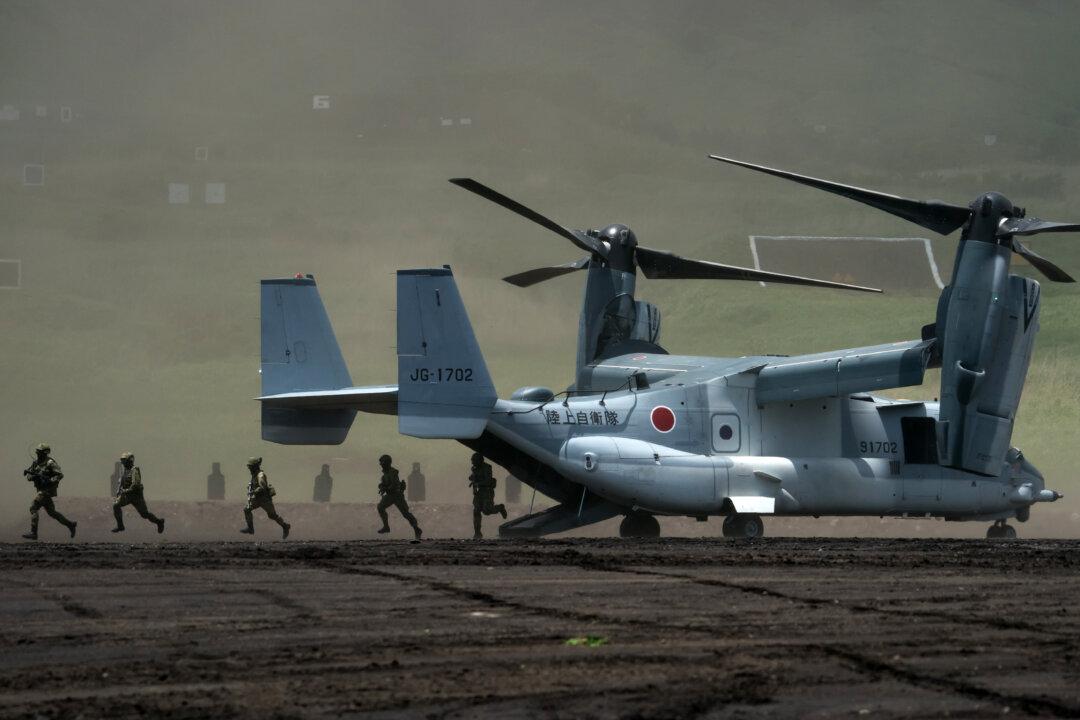Commentary
While China and the United States continue to seek trade advantages over each other, developments in Japan give every sign of greatly complicating Beijing’s political and economic calculations.

While China and the United States continue to seek trade advantages over each other, developments in Japan give every sign of greatly complicating Beijing’s political and economic calculations.